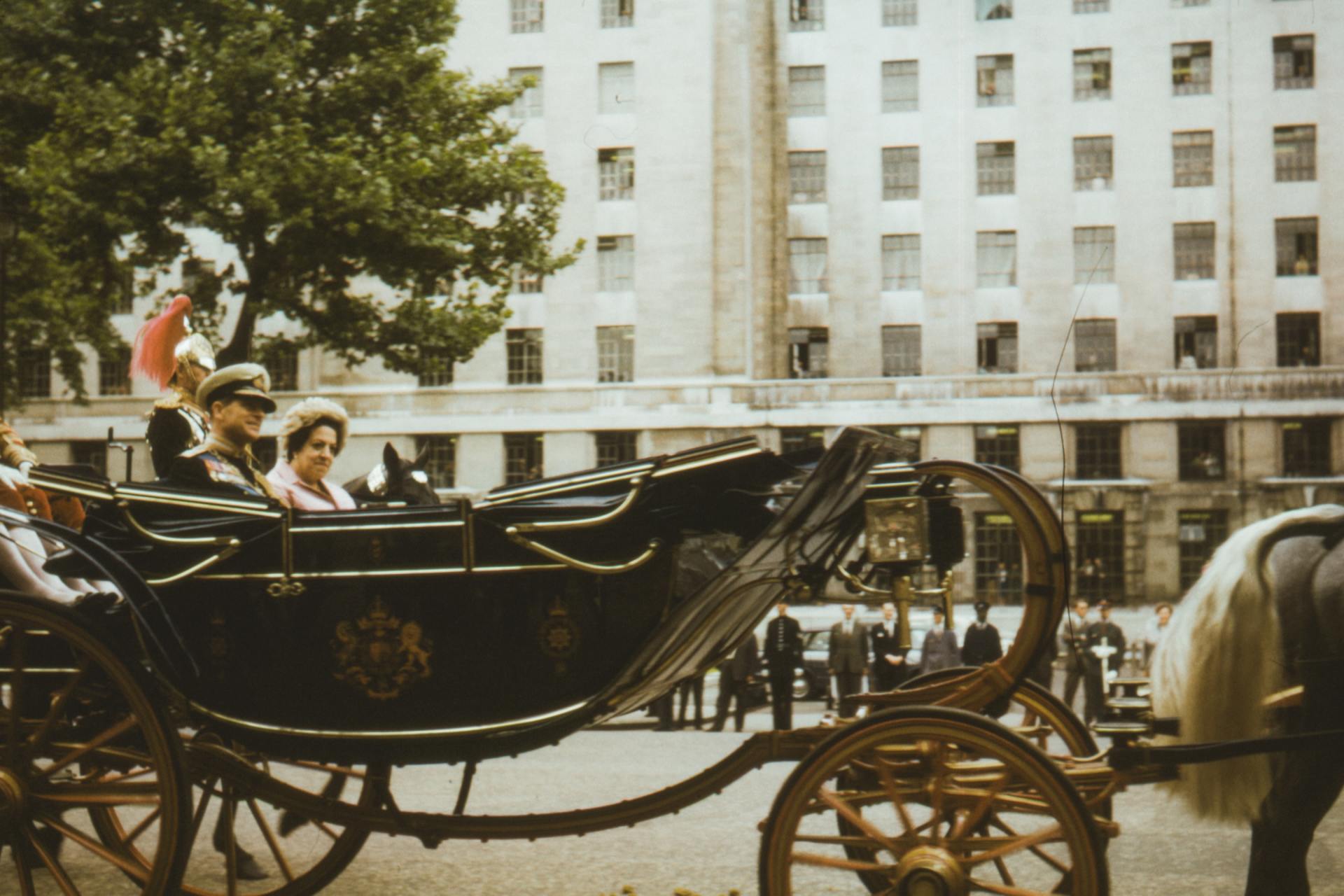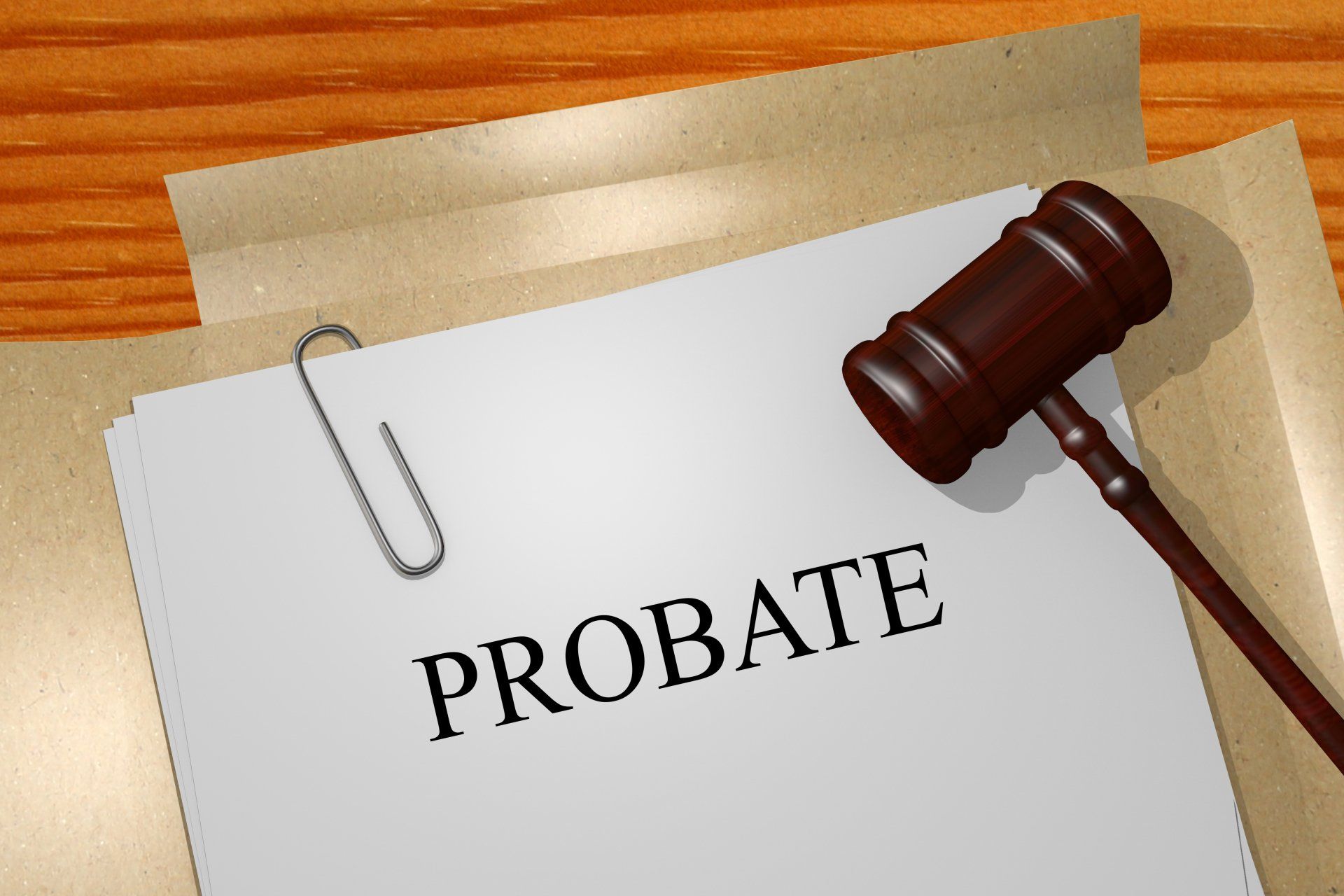PIPPEN LAW GROUP, PLLC
Pippen Law Group, PLLC, formerly known as "The Law Offices of Joe Pippen Jr. & Associates, PL" regrets to inform you that Attorney Joe Pippen passed away on July 29, 2021. He was a very much loved and respected member of the community. We are all deeply saddened with Joe’s passing and he will be greatly missed. The Law Office remains open for business and we continue to serve your legal needs. Appointments are now being scheduled with the Attorneys in our law firm and we welcome your calls (727) 586-3306 x100 to inquire as to appointments and to learn how we may be of service to you.
Welcome To Pippen Law Group
Our mission is to provide high quality, creative, and result – oriented legal help to individuals and businesses, and serve as a primary resource and partner in all aspects of your business and personal growth and development. For over 40 years our law firm has been providing people throughout Florida with expert advice and guidance through the complexities of Wills, Trusts, Estate Planning, Medicaid Planning, Probate and Trust Administration and Family Law. Our Attorneys meet personally with their clients, customizing legal documents and plans to fit each person's individual needs for both now and in the future.
PRACTICE AREAS
Our attorneys loves to guide and help others, answering email questions or making phone conferences. If you have a legal concern, don't hesitate to ask. Just fill out the form below with your name, email address, and your message and one of our attorneys will email a response back to you.
Contact Us
Over 40 years
Experience helping clients statewide
$ Reasonable Cost
Most reasonably priced estate planning attorney in Florida
37 Years on Radio
"Ask an Attorney" is the longest running radio show in Florida
Over 55,000
Clients assisted with the best care possible
Blog

What is an Irrevocable Trust? An irrevocable Trust in Florida is a trust agreement that by its terms cannot be revoked or amended. The important part for the maker (settlor) of the Trust to understand is basically, once the trust is made and finished, it cannot be changed. You may not amend or change anything in your trust once it is completed and notarized. Your beneficiaries or successor Trustee(s) may only change an irrevocable trust in unusual circumstances. Typically, irrevocable trusts are created for tax purposes, however irrevocable trusts can also be used in Medicaid situations or with Life Insurance. In Discussing “Irrevocable Trusts” in this section we are referring to trust which are made with the intent of being irrevocable. Trusts may also become irrevocable by statute when a Settlor dies. Irrevocable Trusts are infrequently used and should only be created after very careful consideration and consultation with an attorney.

Doris Duke. Mistake: Bad Choice of Executor Doris Duke, the tobacco heiress who died in 1993, had an estimated estate of $1.3 billion. She inherited most of her money at the age of 12 when her father died. However, she responsibly managed this wealth over the course of her lifetime, increasing the inheritance value. Ms. Duke originally set up her Charitable Trust and Will with her longtime friend and physician as executor. However, months before her death, ill and secluded in her California home with only her butler, and she amended her documents and named her butler as the person to fulfill her wishes. Following her death, the former executor of her estate, her longtime friend and doctor, contested the validity of her decision to change executors, believing that Ms. Duke was not of right mind when she executed the new will, and was a victim of elder abuse by her butler. Contesting a will based on elder abuse is generally done for two reasons: (1) Lack of mental capacity of the testator (person signing) at the time of signing; (2) The person contesting believes that the testator was subject to undue influence at the time of signing. Undue influence is a serious legal contractual defense and is generally defined as a contractual situation in which "one party to the contract is a person with weaknesses which make him likely to be affected by such persuasion, and that the party exercising the persuasion is someone in a special relationship with the victim that makes the victim especially susceptible to such persuasion;"[1][1] Many states have their own specific definitions within their statutes. After three years of legal battles, utilizing 40 lawyers, and using $10 million dollars in legal expenses Doris's butler eventually agreed to take a payout in exchange for renouncing his seat on the Doris Duke Charitable Foundation board, and stepping down as executor. Ms. Duke's situation is a two-fold lesson. The planner must be diligent in their estate planning and be aware of the risk of financial elder abuse as they age. Family members or close friends are often named as Personal Representative or Successor Trustee of estates, but if you are unconfident in their abilities, banks, credit unions, and even estate planning attorneys are able to serve in these capacities. Don’t make the mistakes that Doris Duke made when she changed her estate plan. Consult a local attorney to set up a Trust and to make sure that any amendments (changes) you make are in your best interest.



